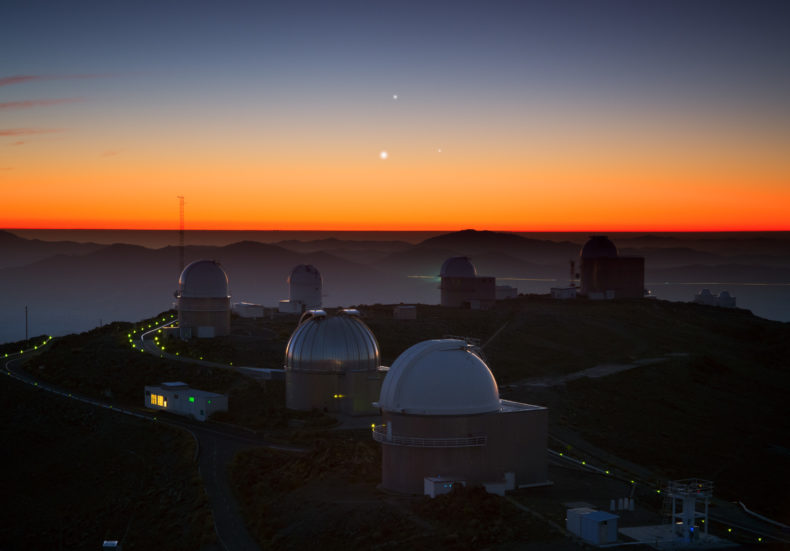
This week as summer hits its balmy peak, we look back at LWON posts from summers gone by. Five years ago, Richard spent his summer vacation in Chile’s winter, getting to know the astronomers and donkeys of the Chilean mountainside. It’s classic Richard, basically, and the delight is in the details. Here it is.